I am far from being the most assiduous reader. But it’s something I want to improve with this new journey through a new language. I’ll leave here the books I started to read in English; It is a longer process to read in another language, with many pauses to consult the dictionary;
Books
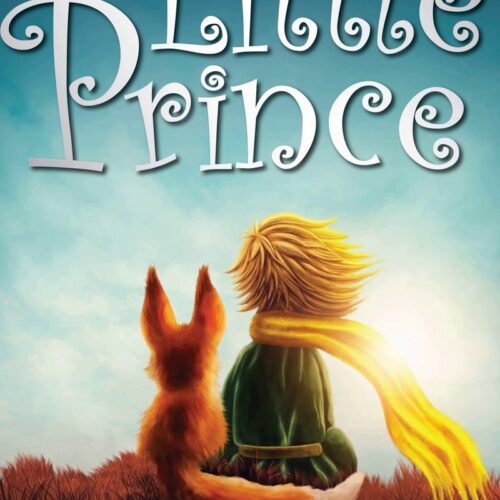
“The Little Prince” is a novella written by Antoine de Saint-Exupery and first published in 1943. It tells the story of a young prince who travels from planet to planet, meeting various creatures and learning life lessons along the way. The book is considered a classic of world literature and has been translated into over 300 languages. The Little Prince is known for its simple, yet profound messages about love, friendship, and the meaning of life. It is a timeless tale that appeals to readers of all ages and backgrounds, making it a must-read for anyone who enjoys philosophical and imaginative stories.
“It is only with the heart that one can see rightly; what is essential is invisible to the eye.”
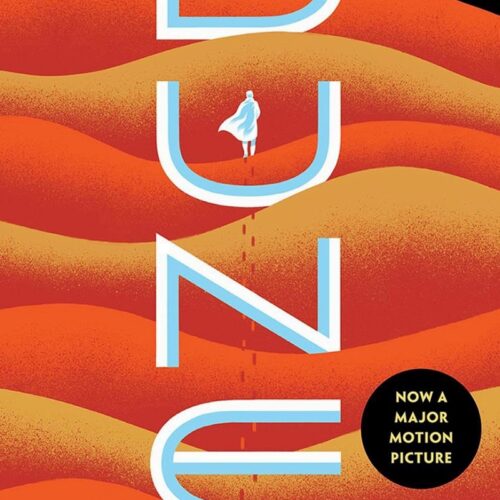
“Dune” is a 1965 science fiction novel by Frank Herbert. Set in a distant future, it follows the story of Paul Atreides, who is tasked with overseeing the production of a valuable resource called “spice” on the desert planet Arrakis. Paul finds himself in a power struggle between rival factions and becomes the prophesied leader of the Fremen, a group of desert-dwelling nomads, who he leads to victory. “Dune” is considered a classic of science fiction and is known for its richly imagined world, complex characters, and thought-provoking themes.
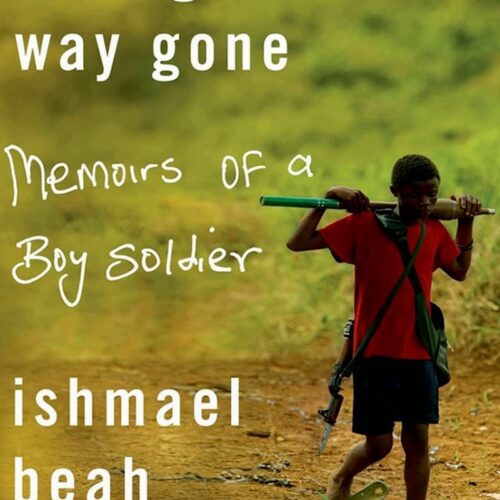
“A Long Way Gone: Memoirs of a Boy Soldier” is a memoir by Ishmael Beah, published in 2007. It is a personal account of Beah’s experience as a child soldier during the Sierra Leone Civil War. The book details Beah’s transformation from a young, carefree boy to a brutalized child warrior and ultimately to a rehabilitation center for former child soldiers.
Beah describes how he was separated from his family and forced to flee his village when rebels attacked. He was eventually recruited into the Sierra Leone Army and trained as a child soldier, fighting in brutal battles and surviving on drugs. Through his journey, Beah explores the dehumanizing effects of war on young people and the challenges of rebuilding a life after violence.
“A Long Way Gone” is a powerful and haunting account of the horrors of war and the resilience of the human spirit. It is a testament to the strength of the human spirit and the importance of hope, even in the face of extreme violence and suffering. The book has been widely acclaimed for its bravery, honesty, and compassion, and it has become an important voice in the ongoing conversation about the use of child soldiers in conflict zones.
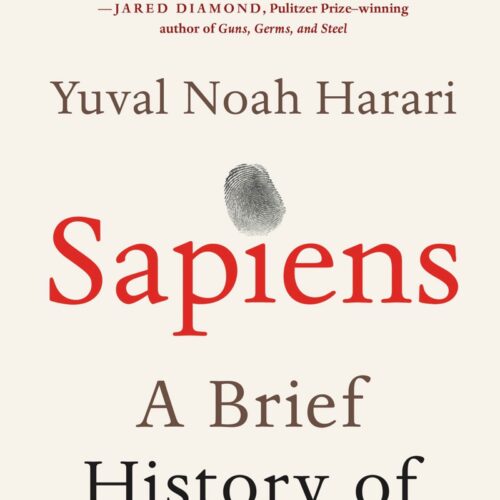
“Sapiens: A Brief History of Humankind” is a book by Israeli historian Yuval Noah Harari, first published in 2011. The book provides a comprehensive overview of the history of the human species, beginning with the emergence of Homo sapiens in Africa and ending with the present day. Harari argues that the key events and developments in human history have been driven by our unique ability to create and believe in shared myths, such as religion, money, and nations.
The book covers a wide range of topics, including the development of language, the rise of agriculture, the formation of empires, and the scientific and industrial revolutions. Harari also explores the impact of globalization, the future of technology, and the challenges facing humanity in the 21st century.
“Sapiens” is a thought-provoking and engaging book that offers a unique perspective on the human experience. Harari’s writing style is accessible and entertaining, and he is able to synthesize complex ideas and historical events into a concise and easily understandable narrative. The book has received widespread praise for its ability to shed new light on the story of humanity, and it has been widely read and discussed by both general readers and experts in the field.
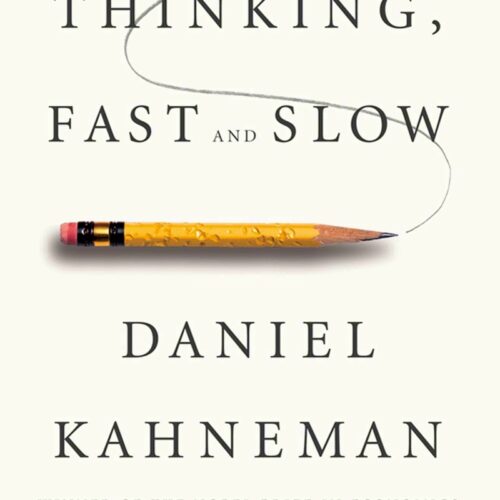
“Thinking, Fast and Slow” is a book by psychologist and Nobel Prize winner Daniel Kahneman, published in 2011. The book explores the dual-process theory of the mind and how it affects our thinking and decision-making. Kahneman argues that there are two systems of thought: System 1, which is fast, intuitive, and emotional, and System 2, which is slow, deliberate, and logical.
Kahneman provides numerous examples and studies that demonstrate how our thinking can be influenced by various biases and heuristics, or mental shortcuts, that are often used by System 1. He argues that these biases can lead to systematic errors in judgment and decision-making.
The book also covers various topics such as the importance of framing in shaping our beliefs and opinions, the role of attention and memory in shaping our understanding of the world, and the influence of the unconscious mind on our behavior.
“Thinking, Fast and Slow” is a groundbreaking and influential work that has been widely praised for its insights into human reasoning and decision-making. The book provides a comprehensive overview of the latest research in psychology and behavioral economics and offers practical advice for improving our thinking and decision-making skills. It has become a classic in the field of psychology and is considered a must-read for anyone interested in the workings of the human mind.
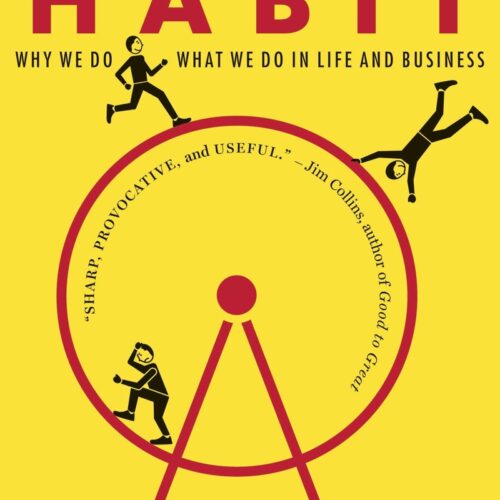
“The Power of Habit: Why We Do What We Do in Life and Business” is a book by journalist Charles Duhigg, first published in 2012. The book explores the science of habit formation and the impact that habits have on our daily lives and decision-making.
Duhigg argues that habits are not just simple routines, but complex processes that can be used to explain and predict human behavior. He explains how habits are formed, why they are so difficult to change, and how they can be harnessed to bring about positive change in our lives.
The book covers a wide range of topics, including the habits of individuals, teams, and organizations. Duhigg provides numerous real-life examples and case studies to demonstrate the power of habits, including the story of a successful program to improve the health of a community, and the rise of Starbucks as a global brand.
“The Power of Habit” is a compelling and informative book that offers practical advice for changing habits and improving our lives. Duhigg’s writing style is engaging and accessible, and he provides a wealth of insights and tips for transforming our habits and achieving our goals. The book has received widespread praise and has been widely read and discussed by individuals, organizations, and communities around the world.
